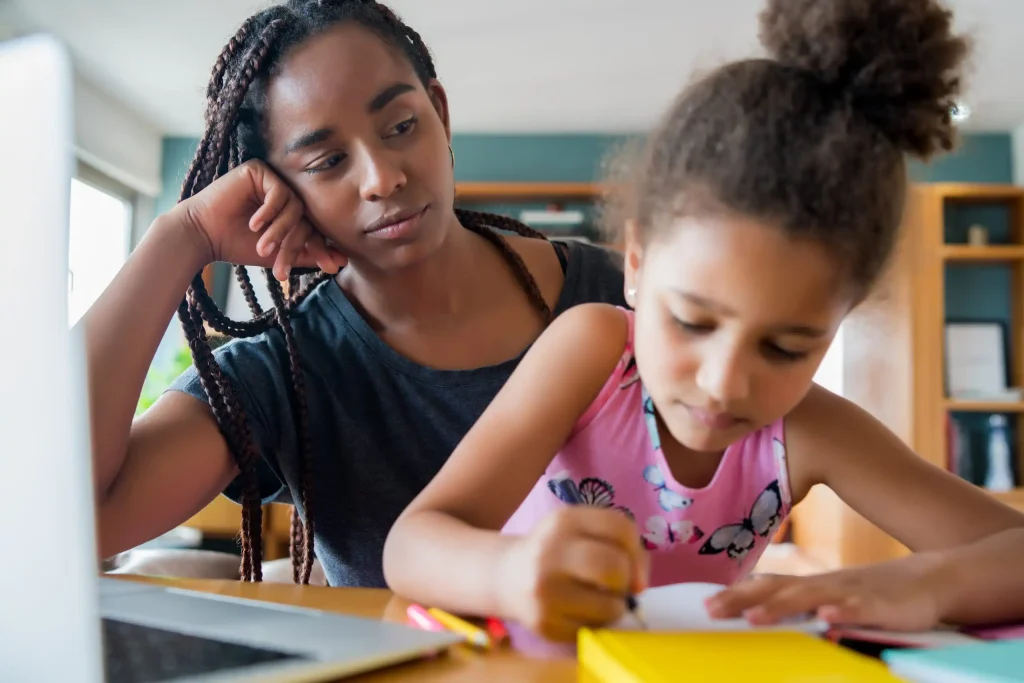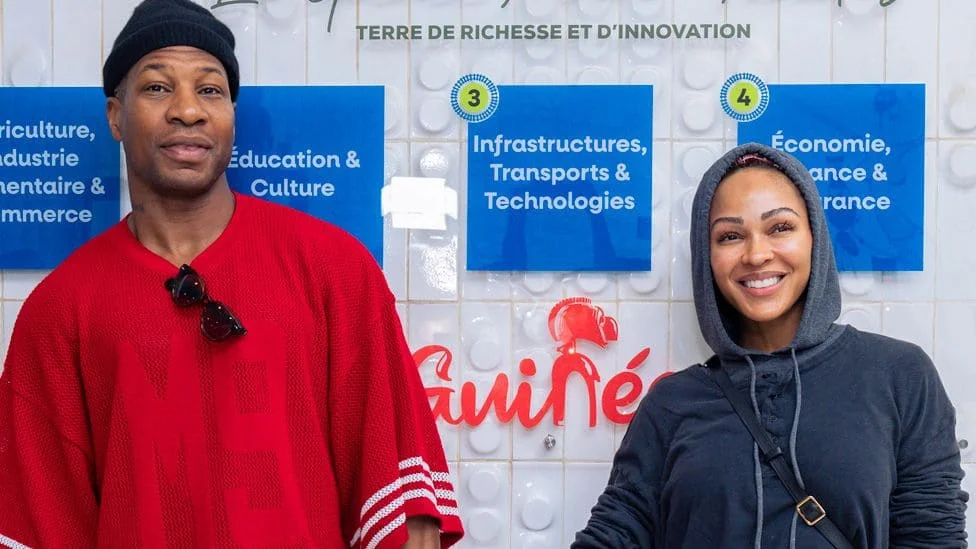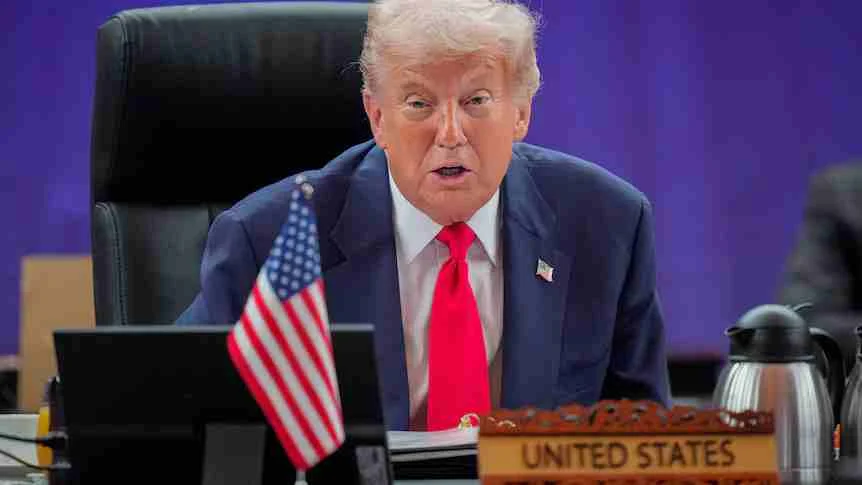As Lagos battles a surge in Covid-19 cases, with 8,800 of Nigeria’s 21,000 confirmed cases by June 2020, school closures since March have disrupted learning for millions, including 15-year-old Sharifa Umar.
To address this, Lagos authorities have distributed free smartphones loaded with the Roducate app to 20,000 public school students, with plans to reach 300,000, aiming to sustain education through radio, TV, and online platforms despite challenges with electricity and data costs.
E-Learning as a Lifeline
Sharifa, a student on Lagos Island, faced erratic power supply and unaffordable data, missing lessons for days.
The smartphone, provided 10 days ago with free data and the Roducate app, offers video, audio, and chat-based classes aligned with the state curriculum.
“I still miss school, but it makes a major difference – it is effective and gives me stability,” she said The initiative, part-funded by First Bank of Nigeria, has been praised by Governor Babajide Sanwo-Olu for its role in sustaining education.
Folasade Adefisayo, Lagos’s Commissioner for Education, emphasized the shift to digital learning as a long-term strategy.
“It’s quite clear we are not going to go back to how things were,” she said, noting that schools may reopen only partially due to social distancing needs.
With full reopenings unlikely for a year, the ministry is studying e-learning’s impact on exam results, while maintaining in-person exams.
Overcoming Access Barriers
Radio has proven most effective, especially in rural areas with limited TV and internet access, prompting plans to distribute thousands of free radios next week.
Nigeria’s smartphone penetration has grown, but data costs—$0.88 per 500MB monthly, per Ookla—are among Africa’s highest, disproportionately affecting public school students from low-income families.
“The issue has been the demography of children in public schools: they don’t have access to devices nor can they afford data,” Adefisayo said.
The Roducate app, developed by Femi Awosika, facilitates teacher-student interaction through scheduled classes, voice notes, and progress tracking. Joseph Odusanya, a chemistry teacher, noted, “It doesn’t replace the school but it’s a major help. The flexibility helps, and I can monitor their progress very well.”
Originally designed to enhance in-class learning, Roducate now complements traditional education, addressing classroom limitations.
Widening Inequalities
Only 1,700 of Lagos’s 17,000 schools are publicly funded, with private institutions—half established since 2011—dominating, per Education International.
Public schools, underfunded at 0.7% of the state’s budget against UNESCO’s 15–20% recommendation, often charge parents for basics, while low-cost private schools offer subpar education.
Adefisayo acknowledged that the smartphone initiative excludes private school students due to funding constraints but hopes investments will expand access.
The pandemic has deepened education disparities, with wealthier private school students accessing online classes more readily.
“Inequality continues to bother us,” Adefisayo said, committing to close the learning gap exacerbated by Covid-19.
Looking Ahead
As Lagos eases lockdown measures, new Covid-19 cases are rising, with 13,030 cases by July 31, 2020, per Nigeria’s CDC.
The state’s investment in e-learning, including 450,000 tablets planned for 2021, signals a hybrid education future.
While teachers and students embrace digital tools, the initiative’s success hinges on addressing power outages, data costs, and equitable access to ensure no child is left behind.






